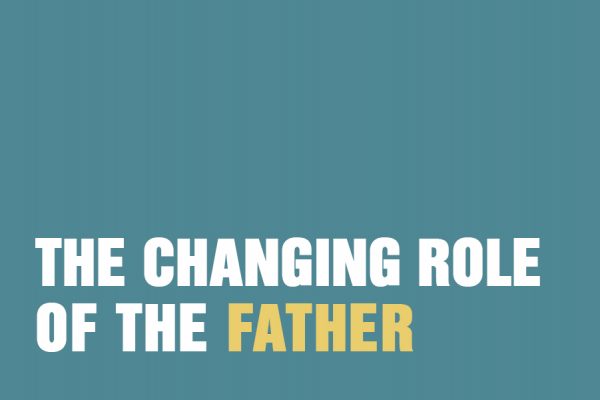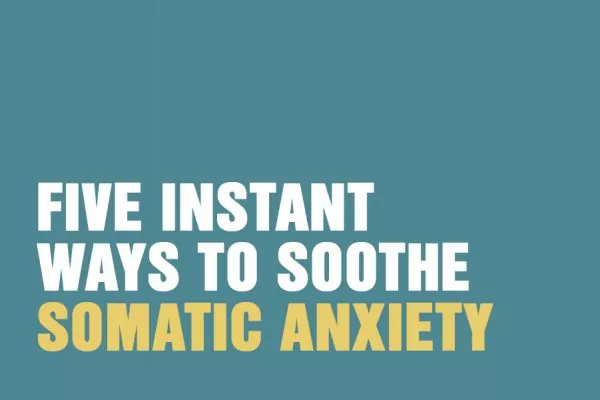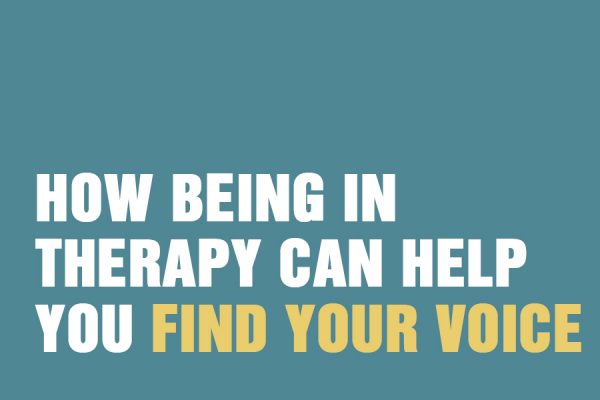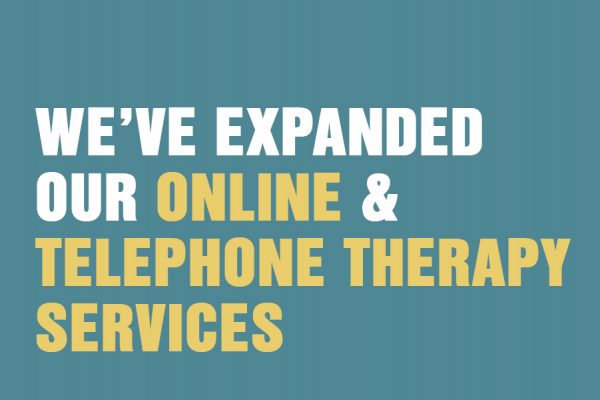We take a look at anger: what is it? Why do you have it? And, what can you do about it?
It is only human to get angry sometimes, everyone does. Anger is a natural response if you feel you have been treated badly. And anger is not always bad, it can also be a useful and positive thing. If there was no anger in the world no one would have been inspired to fight for change and bring about honesty, equality and fairness where it wasn’t before. On the other hand anger can be a dark and destructive force that ruins your relationships. So it is important to understand your anger, and to work on anger management so that you can harness it in a good way and avoid it doing damage to you and those around you.
At its source, when you first feel it, anger can help you to pinpoint a wrong that has been done to you, give you the impetus to stop the hurt you have been caused, and help you to do something about it. It only becomes a problem when it festers or you cannot turn it off and it harms you and the people around you. This is likely to happen if you express your anger frequently and forcefully without considering the impact it might have on others.
The difference between the two possible outcomes — you use your anger to set things right or you allow it to become corrosive is: awareness. If you know you are angry and why and give yourself pause to think about what you are feeling, and why this is happening to you and what you can do about it, the anger will be diffused, sorted and put to good use. If, on the other, hand you push it down, avoid thinking about it or addressing it, the chances are it will have a much greater impact on you. This is because it will almost inevitably return later with a good head of steam behind it and you could find yourself swearing at a complete stranger or the ones you hold dearest.
Ten tips on how to bring more awareness to your anger and therefore reduce the damage it can do.
Recognise anger’s core message
When you feel angry, nine times out of ten, this is because you feel have been devalued in some way. So the single most important thing that your anger is telling you is that you feel vulnerable. If you recognise that you are angry because of your perceived vulnerability you can address this directly.
Give yourself a boost
When you start to feel angry, try to remind yourself of your value either by bringing back to mind a time when you acted well and were appreciated by others, or you could do something that will make you feel more valuable and worthy of appreciation rather than lashing out in defence.
Question yourself
Anger can distort your judgment and magnify and amplify the negative aspects of an issue. So, and this is close to the counting to ten strategy, stop and think about what you are thinking when angry. Yes you are annoyed and there is probably good reason for that, but be aware that the heat of anger can distort your thoughts and question them.
Be ‘big picture’
Try to widen out from the narrow focus of your anger and review the whole complexity of the situation.
Change perspective
In the white heat of anger you can assume the worst of others, think that they are out to get you and begin to see them in black and white terms as the enemy, so trying to see it from their perspective to bring balance back to the situation is really important.
Consider the consequences
Yes that comment, lie, inconsiderate action or whatever has triggered your anger this time has truly pissed you off, but don’t justify your anger. It arises to alert you to a situation and then, once identified, can be let go. So instead of instead of hanging on to the feeling, consider whether acting in anger will be in your long-term interest or not.
Learn from it
When mankind lived on the savannas and a threat came towards them they needed a measure of anger to prompt them into fight mode. Nowadays the things that trigger our anger tend not to be so life and death so, instead of rushing into fighting stance, you can take the opportunity to learn more about yourself and how you can solve this problem.
Check in with yourself
What is going on with you right now? Anger is more likely to occur when your physical and mental resources are running low. So, stop and think, are you tired, hungry, unwell, confused, anxious, preoccupied, distracted, or overwhelmed? If so, perhaps you need to address this before you act on the anger.
Don’t play the blame game
A large part of maintaining anger is blaming someone or something else, but if you instead focus on where you can improve it will totally shift your focus — it’s hard to stay angry without holding anyone to blame!
Don’t devalue others
When you get angry try to think of how this emotion came up because you felt disrespected or devalued, remind yourself that being angry with someone actually devalues them, and this, probably, when you think about it, is not what you want to do at all.
If you are struggling with anger issues and would like to talk to someone about it, call 020 8673 4545 to book an appointment with one of our therapists at our centres in Clapham or Tooting, south London. You can also email us on [email protected]







